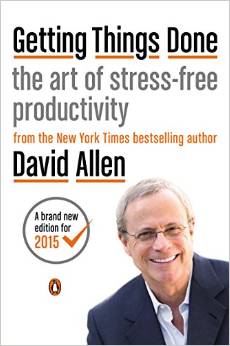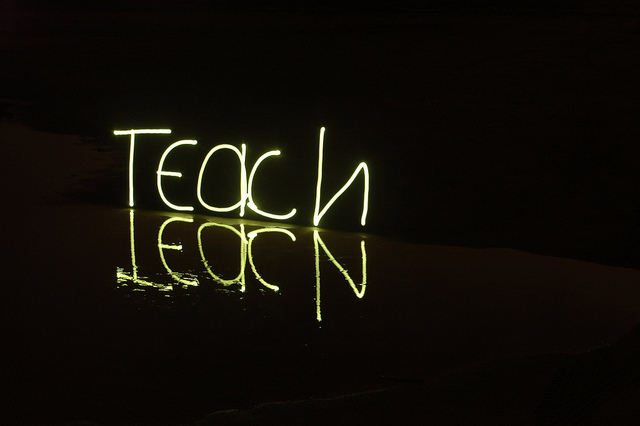“What would I be glad I did, even if I failed?”
-Brene Brown, American Author & Scholar

Image from Flickr by Classic Film
Many people celebrated Frank Sinatra’s 100th birthday this past December. In his famous song, “My Way,” – written for him by Paul Anka – Sinatra sings the phrase “Regrets – I’ve had a few.”
For many of us, regret is a common occurrence, since they are almost always associated with things we didn’t do rather than the things we did.
It is amazing the feeling we experience by simply summoning the courage to try something, even if it doesn’t work out. Somehow it is in the attempting of something new that we bolster our own self confidence and self worth.
EXERCISE:
What are you going to try today or this week that will make you glad even if you fail? What might it be like if you continued trying until you succeed?


